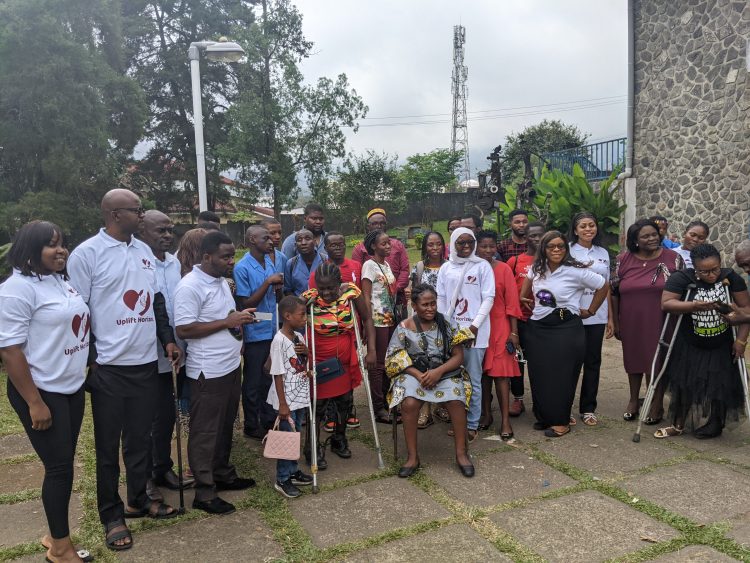“The students have a snobbish behavior towards us [students with disabilities]. Some believe if they keep spending time with us, we would contaminate them with our disability,” Christel told Fiepwd.org
“They are reticent with us. Sometimes we request for academic assistance from them, but they turn us down,” she added.
In the face of this degrading treatment from her classmates, Christel had a glimmer of hope that her teachers would make learning more accommodating.
Shockingly, though, the teenager says the treatment which she gets from them is even more inconsiderate.
“Some teachers make us understand that we are on our own. Sometimes when they distribute exam question papers, they tell us they had forgotten we [visually impaired students] were part of the exams. It shows that they don’t pay attention to us,” she revealed sorrowfully.
Christel isn’t the only one to have had such traumatic experiences. These are scenarios which Kesah Princely, Founder and Executive Officer of the Foundation for the Inclusion and Empowerment of Persons with Disabilities (FIEPWD), is very familiar to.
As a student of Journalism and Mass Communication six years ago, his lecturer told him journalism was not meant for blind people.
“He told me I was a burden to my fellow course mates who assisted me academically,” Kesah revealed. Since then, he vowed to recover from his trauma and ensure that his peers with disabilities didn’t go down the same path.
That’s why together with the Uplift Horizon Association, the Foundation for the Inclusion and Empowerment of Persons with Disabilities (FIEPWD) recently organized a mental health training for youth with disabilities in Buea. The goal was to help youth with disabilities manage depression, trauma, discrimination, stigma and enable them boost self-confidence. It also sought to help the over 20 youths realise their full potentials in life amid an ongoing armed conflict.
“Youth with disabilities face stigma almost every step of the way. Organising this training is crucial because learning how to cope with negative societal perceptions and the ongoing armed conflict is essential,” Kesah Princely told Fiepwd.org in an interview.
Since 2017, fighting between government forces and Anglophone separatists in the country’s North West and South West regions has left persons with disabilities in peril. Access to basic services such as food, shelter, education and medical care remains far-fetched for thousands of such persons.
To Kesah, “persons with disabilities have been abandoned to themselves, since the outset of the war. As a matter of fact, my master’s degree thesis hinged on the impact of the conflict on this group of persons. Out of 50 people interviewed only six had received some form of humanitarian assistance without any needs assessment.”

Taku Eya who heads Uplift Horizon Association believes that equality and accessibility should be upheld, to make life comfortable for persons with disabilities.
“Mental health in Africa has really been undermined. In a country like Cameroon, there are only two centres that cater for people suffering from depression and mental health issues in general. So, we want to create more awareness and fight for those suffering from mental health issues, especially those living with disabilities,” she averred.
Most participants at the training found the session enriching, describing it as being timely enough to relieve them of their burden. Christel left the event with just one wish – that more of such empowering conferences be organized to give them hope and to gradually break the barriers to their inclusion and full participation in mainstream activities.
As stakeholders intensify efforts to change the narrative, Kesah and his team continue to work for the betterment of persons with disabilities. They plan to extend the training to all thirteen divisions of the North West and South West regions.
“This is our fight. We can do even more if our vision is supported.”



Leave a Reply